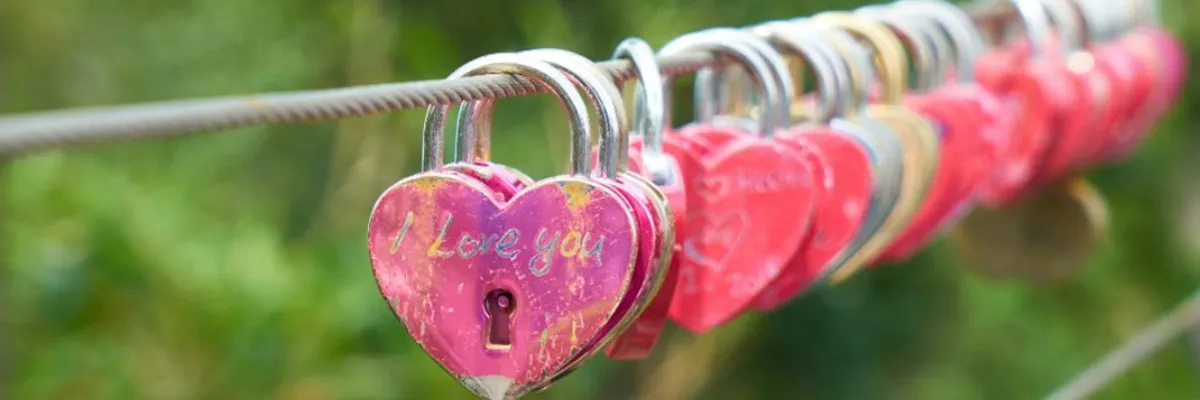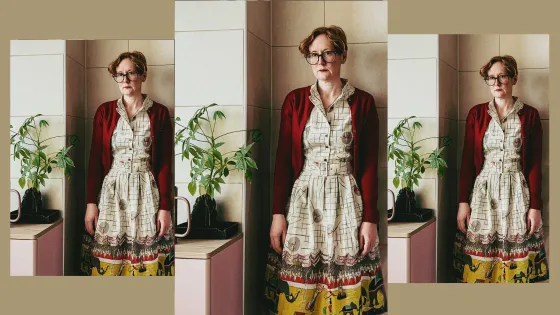

The Gotchas
I was listening to somebody talk the other day. And I was astonished that after every positive, uplifting thing they said, they ended it with the “gotcha.” Kind of like “Well, it sure is a beautiful day. Heard Mizriz Jones got home from the hospital yesterday. She’s doing really great, but it could have been so much worse” or “You know, Bobby bought that old Ford from Jimmy and it runs real good---except it needs a new transmission.” Here’s another favorite: “It's really good to talk to her now and then, but she needs to get a life because she just don't have a clue.”
Why are the “gotchas” so important to us? I think maybe the ”gotchas” are important to us because they allow us to reduce our ability to let the good in. As long as we can do something we say with a downward facing or downward pointing comment, we don't have to let things be too OK. We won't be so disappointed. We won’t get our hopes up.
They do help us maintain a certain degree of power and perhaps emotional safety.
I wonder what would happen if we dropped the “gotcha” and just said, “Sure am glad Mizriz Jones is home--she seems to be doing really well.” And, “Well Bobby bought that old Ford--he’ll need to do some work on it, I’m sure, and he sure does love it.” Or, “It’s really good to talk with her now and then.” (I mean, she has a life, you just don’t like or think it ought to be different).
Just let things be what they are without adding to them. Try it



Email our Admin:
©Copyright 2025 EPower & Associates, Inc. All Rights Reserved.
Privacy Policy | Terms of Use
Featured On...


